Courses
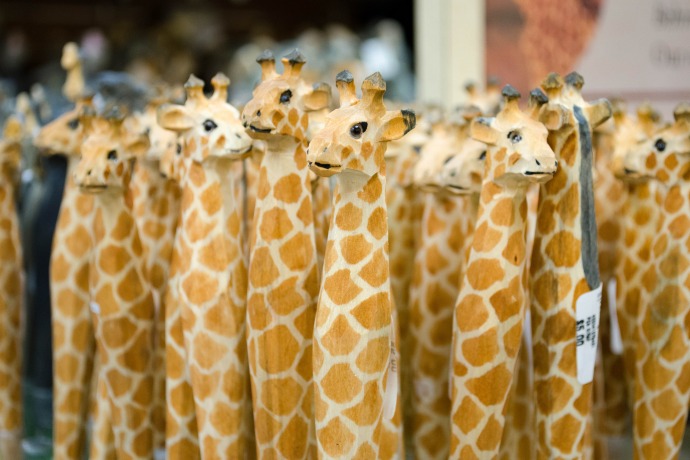
Get Stuffed: Why We Need to Pay Attention to Things
Lately, Stuff has been on my mind – reading, writing, life. We’ve just moved into our first home and have installed U. A. Fanthorpe’s ‘Atlas’ in a frame on the wall. It’s a great example of how the largest themes can emerge from ‘storing the WD40 and knowing when to use it’ [sic]. I now…
Read More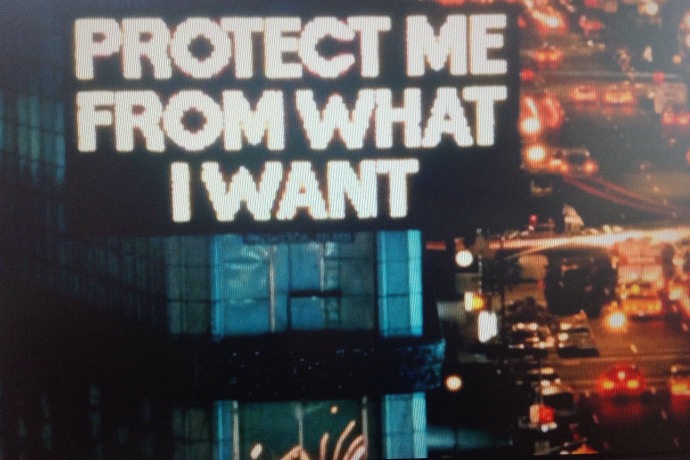
‘It feels like a time of poetry again’ – the Revolutionary Moment(s) of 1968
Obsessed, bewildered . By the shipwreck Of the singular . We have chosen the meaning Of being numerous. . (George Oppen) In Giedre Zickyte’s 2012 film How We Played The Revolution a Lithuanian politician looks back to the time when his country peacefully withdrew from the Soviet Union. ‘It was a time of poetry,’ he…
Read More
Please – No More Poetry: Writing in Response to Trauma
The idea for my upcoming online course – Please – No More Poetry – began with a question that has occupied my thoughts for many years now: what is the relationship between poetry and trauma? In a conversation with my doctoral supervisor – a wise scholar and wonderful poet – I described my fascination with…
Read More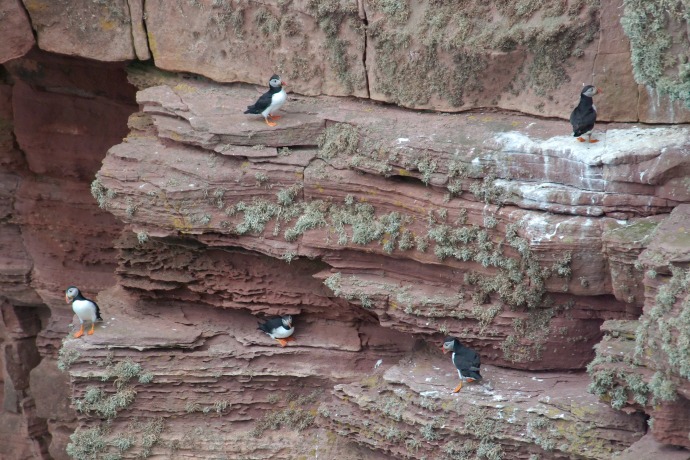
Against English: an interview with Harry Giles
Will Barrett: Hi Harry. Tell us about your upcoming course with the Poetry School, ‘Against English: Dialects, Distortions and New Vocabularies’. Harry Giles: Hi! ‘Against English’ grew out of a one-off session I did with the Poetry School a few years ago, exploring the overlaps between writing in regional dialects, in experimental constraints, and in sound…
Read More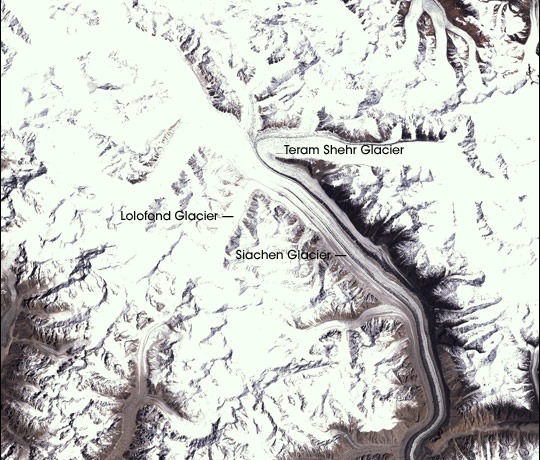
Digital Poetry Beyond the Prehistoric
I think digital poetry is a genre that can offer poets exciting possibilities to create new work that explores and expands language. And that’s what I’m aiming to do with my new course at the Poetry School. Without disappearing down an internet wormhole ‘researching’ the topic of what is digital poetry, what are digital poetics…
Read More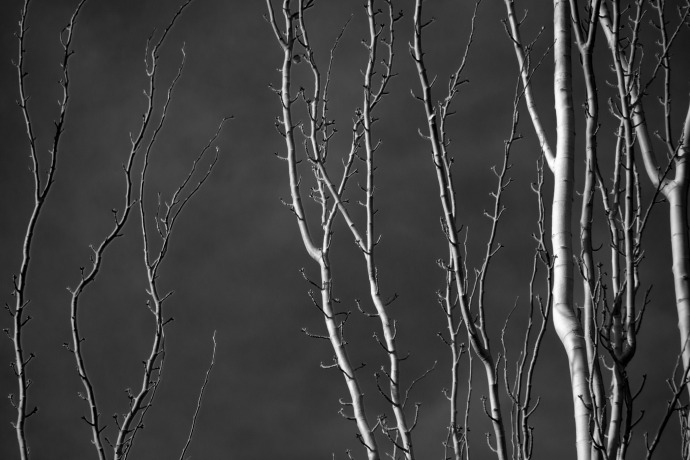
The God in the Forest: Finding the Spiritual in Nature
In the Iliad, there is a passage where Zeus calls all the gods to an assembly on Mount Olympus. But it is not only the Olympians who come – along with them are all the streams, and the nymphs of the woods, the rivers and the meadows. The Homeric world is one in which nature…
Read More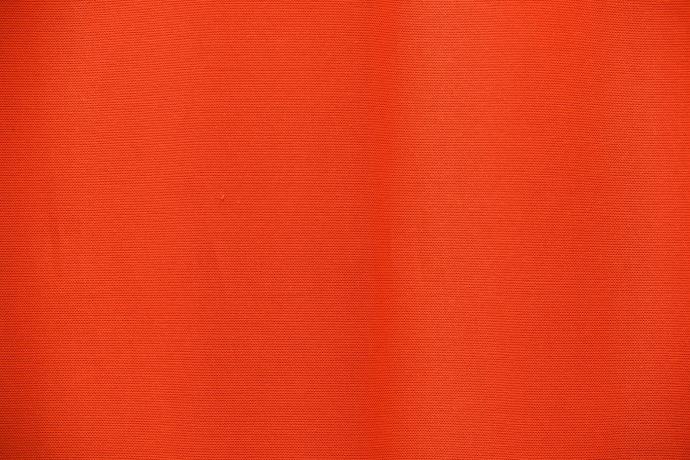
Course Quick Guide – Autumn 2018
Face-to-Face Courses London Three Term Courses: The first term of our flagship year-long courses (3 x 10 week terms) The Poet’s Toolkit (Autumn 2018) with Shazea Quraishi Explore poetry’s inner workings, hone your craft, and take a close look at various forms and techniques to help your poems achieve lift-off. Pamphlet / Portfolio…
Read More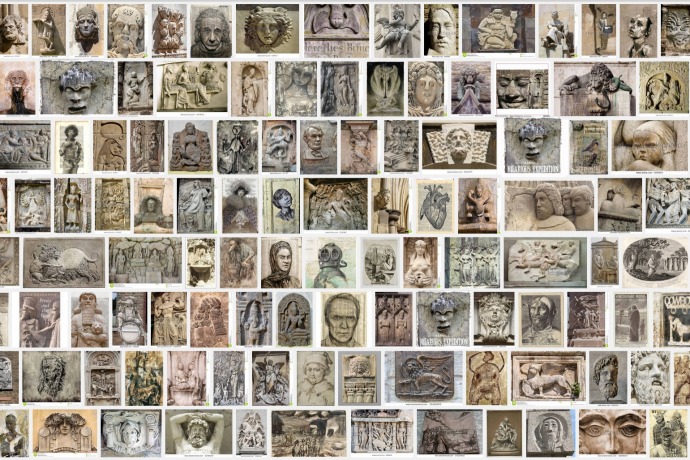
Archiving Your Self Yourself: an interview with James Davies
James Davies is interviewed by James Davies – his uncannily named next-door neighbour – about his upcoming course for Poetry School, Archiving Your Self Yourself: Quantified Self Studio James Davies: Hi there James. How are things this morning? James Davies: Really really great James. Right now I’m dandy. I’m usually dandy. I see the birds….
Read More
What is a Metic Poet?
The question most writers ask me at the beginning of a Metics workshop is ‘What is a Metic?’. The simple answer usually is: You are! A fish does not know it’s a fish until it leaves the water. The term ‘Metic’ means a foreigner whose allegiances are split between their homeland and their new country. Metic is a Greek word, which we might…
Read More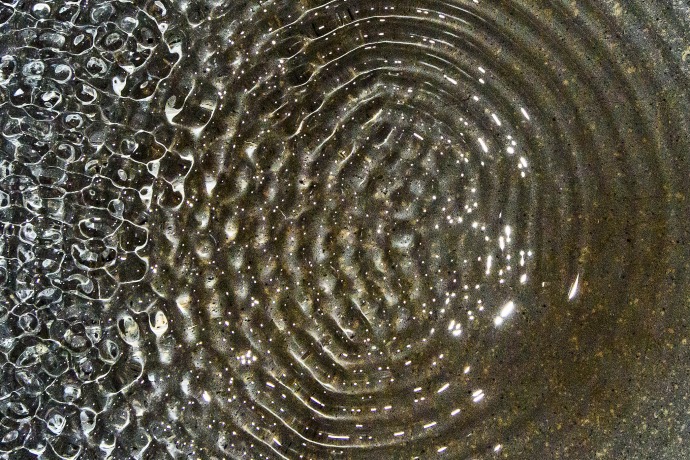
Talking Back: Poetry, Dialogue and Voice
In her 2017 collection Stranger Baby, Emily Berry stages a dialogue between voices living and dead, a sort of haunted (and haunting) psychodrama, both intimate and fiercely private: “I wish you would put some kind of distortion on my voice,” says the speaker in ‘The End’, “so people don’t know it’s me.” This is poetry…
Read More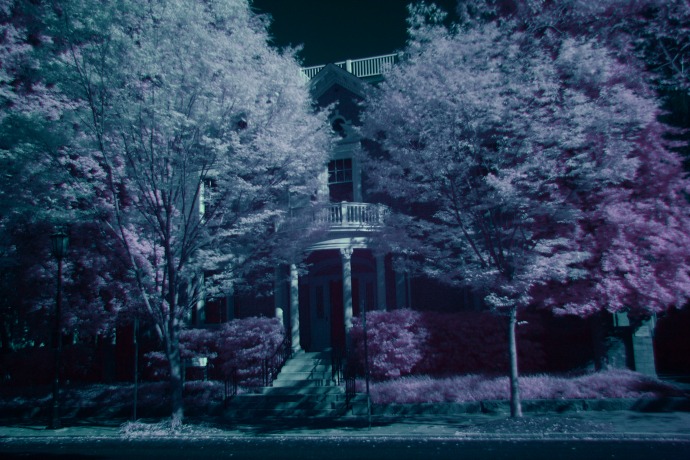
The Opposite House: But We Never Go In That Room!
[T]he borders of our minds are ever shifting, and…many minds can flow into one another, as it were, and create or reveal a single mind, a single energy. from ‘On Magic’ by W. B. Yeats. Childhood is a time when our brains are, as Yeats states, ‘ever shifting’. We are laying the…
Read More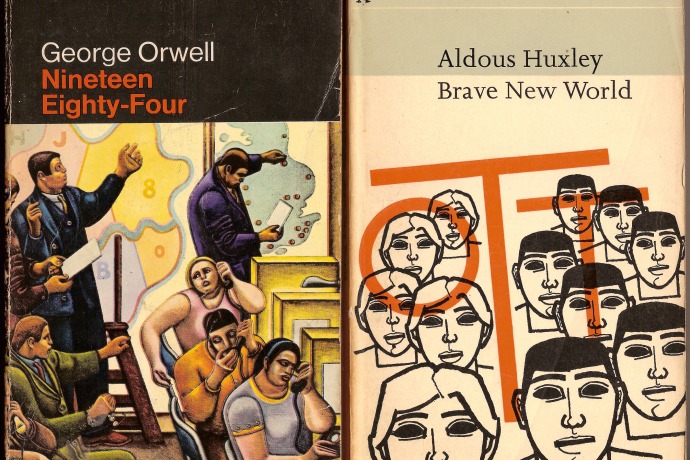
Fully Automated Radical Pessimism
Some of my favorite books to teach are dystopian, like George Orwell’s 1984, M.T Anderson’s Feed, Lois Lowry’s The Giver, and Emily St. John Mandel’s Station Eleven. All of these books inform my work, but especially Station Eleven. In the book, Mandel asks the question: what would survive in the end of the world? Shakespeare…
Read More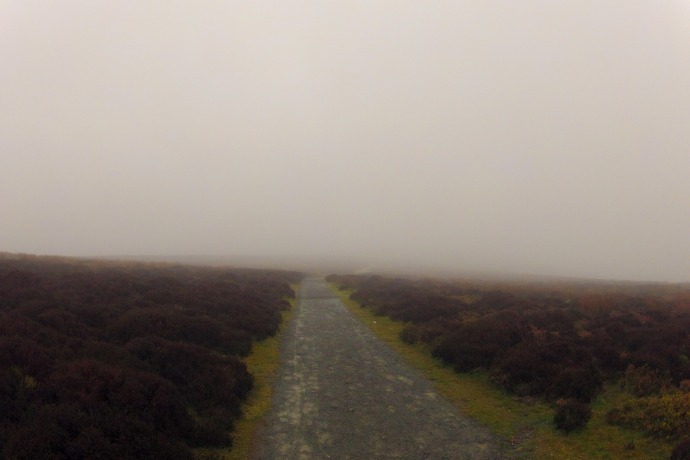
Naming the Hill: A Conversation with the Non-Human
Ahead of her new online course, Die Like a Wolf: Writing the Non-Human, Suzannah Evans discusses the non-human in her poem ‘Naming the Hill’, published for the first time here. Integrity is wholeness, the greatest beauty is Organic wholeness, the wholeness of life and things, the divine beauty of the universe. Love that, not man…
Read More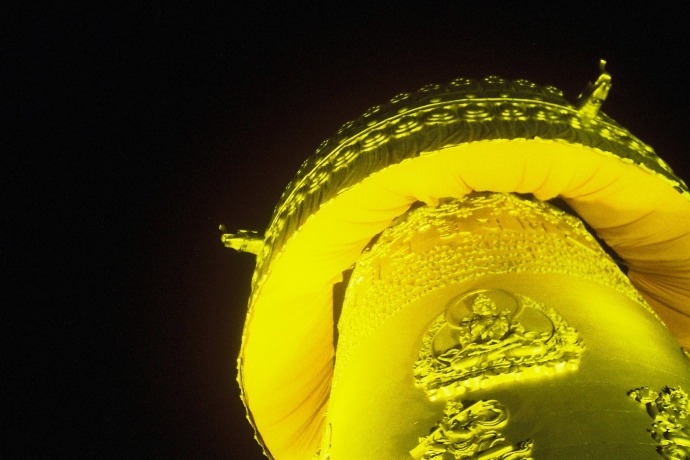
‘Why do dominant cultures translate so much?’
Translation is a hot topic. Search for ‘translation’ in Google and you’ll see numerous news stories; many are to do with an innovative array of emerging translation technologies – for example, earbuds that can translate languages in real time. Whereas human translators may find simultaneous translation mentally exhausting, machine translators can last as long as…
Read More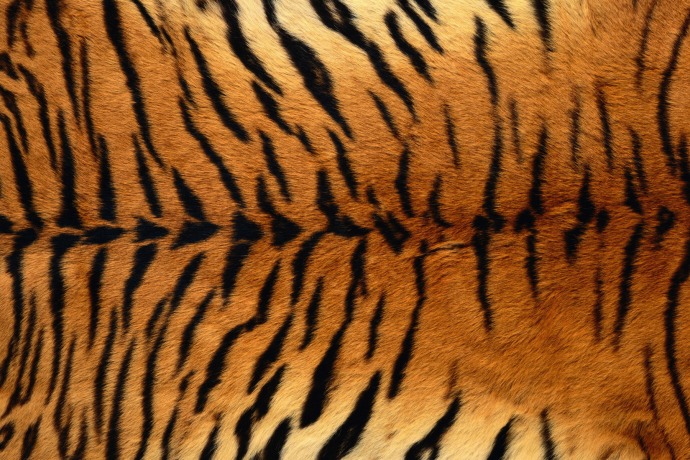
Why do we read, and write, taboos?
A few years ago I read Tiger Tiger, a controversial memoir by Margaux Fragoso which chronicles her long-term relationship with a 51-year old man, Peter, which began when she was just seven years old. As a culture, we are collectively repelled by paedophiles – the acts they engage in, or even fantasise about, with children…
Read More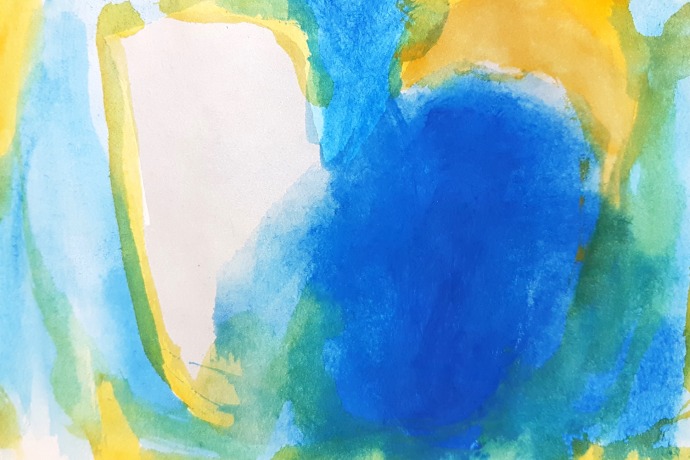
Two for Joy: Happy Poems
Sky entered and held surprise wide open (‘The Skylight’, Seamus Heaney) . It seems I was called for this: / To glorify things just because they are (‘Blacksmith Shop’, Czesław Miłosz, translated by the author and Robert Hass) . Pass the tambourine, let me bash out praises (‘The Way We Live’, Kathleen Jamie) Happiness…
Read More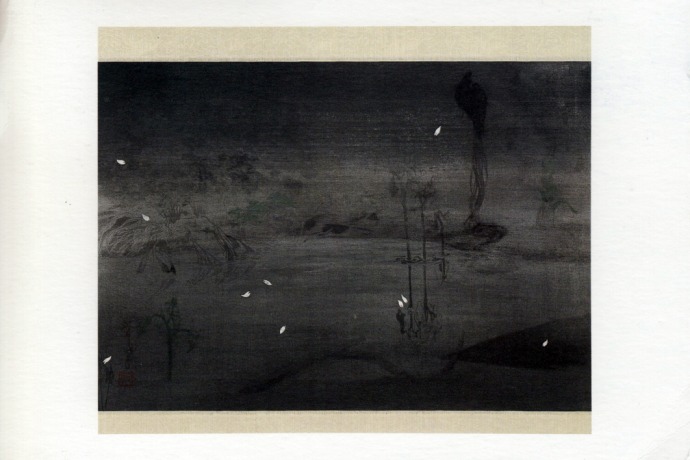
Transreading the Baltics
Want to see Riga? Or, for that matter, any other place in Latvia. Or Lithuania. Or Estonia… In July 2009 I moved out of Poland, which – five years after joining the European Union – hoped to be perceived as a central part of its continent, rather than its eastern addition. I moved out of…
Read More
Summer 2018 Courses Quick Guide
The Summer 2018 Term is now open for booking! We are delighted to open the booking period for the final term of our 20th anniversary year at the Poetry School. Remember that new students get 15% off all courses, just give us a call to get your discount! Concessions are available, and applications for bursaries –…
Read More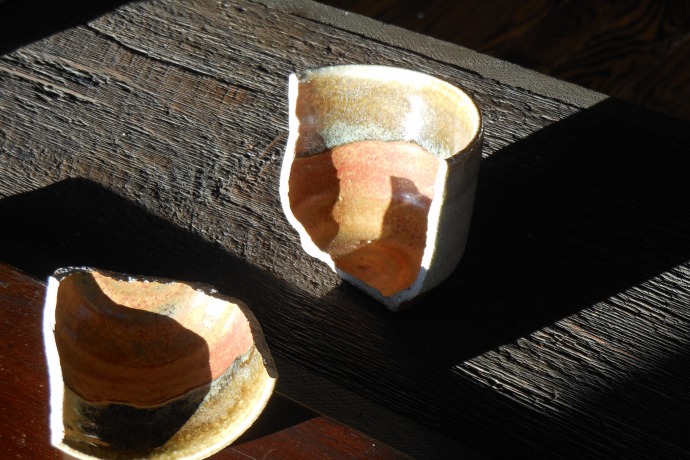
Rules Were Made to be Broken
Despite the title I have chosen for this workshop, rules in poetry are not necessarily a bad thing. Anyone thinking of entering a poetry competition for the first time, for instance, would do well to read Fleur Adcock’s hilarious ‘The prize-winning poem’, which gives a very clear idea of the kinds of things that are…
Read More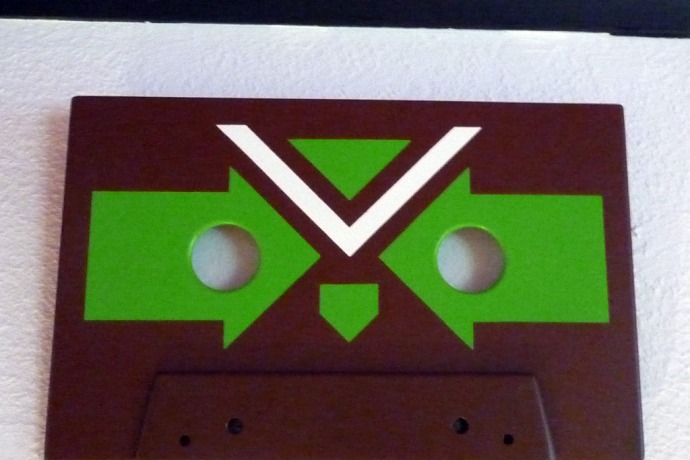
Now Hear This: A Mixtape
To celebrate our upcoming course, Now Hear This: Percussion, Tune and the Poetics of Hip Hip, our tutor and MC, Eric Berlin, has kindly put together this mixtape of the best tracks from his favourite lyricists in the game. It’s a great way to fend off these slate grey, droopy January days. If this doesn’t…
Read More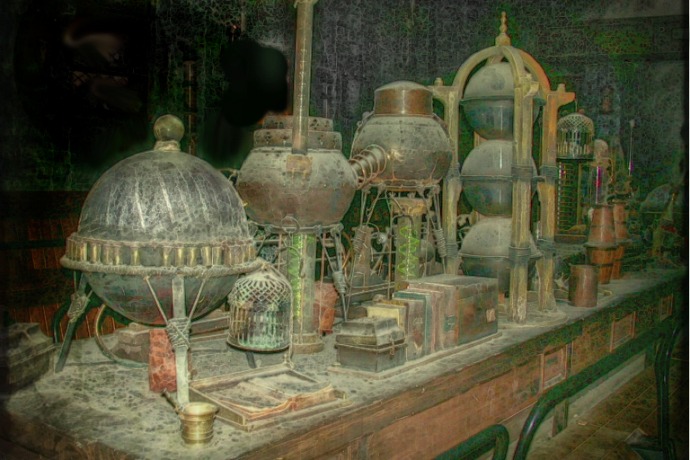
‘Letting Your Avant-Garde Down’ – An Interview with Caleb Parkin
Ahead of his new course in Bristol, Letting Your Avant-Garde Down, we spoke to this year’s National Poetry Competition second prize winner Caleb Parkin. Ali Lewis: Hi Caleb! You’re running a new five-week course with us called Letting Your Avant-Garde Down. Can you tell us a bit about it? Caleb Parkin: The term ‘avant-garde’ is a…
Read More
The Poetry of Rubbish: Interview with John Wedgwood Clarke
Next term, John Wedgwood Clarke will be teaching The Poetry of Rubbish, a five-session course in Exeter. Harriet David, an Oxford masters student who spent a week researching at The Poetry School, spoke to John about the course. Harriet: Hi John. You spent two years as poet in residence at two Yorkshire rubbish sites;…
Read More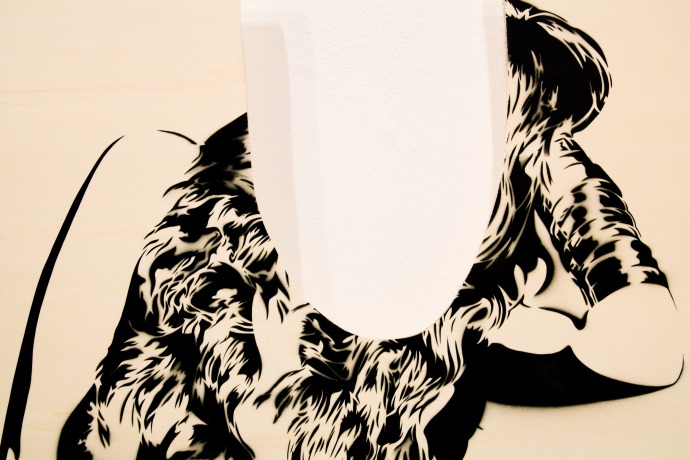
On Writing Your Body, Outside In
What a strange thing it is to inhabit this gummy, flexible, porous, resilient, terrifying, exhilarating vessel from which we have no escape. Take a deep breath. Four seconds in (count them), and four seconds out (count them). What a different thing it is to purposefully concentrate on the one act we’ve done continuously since birth,…
Read More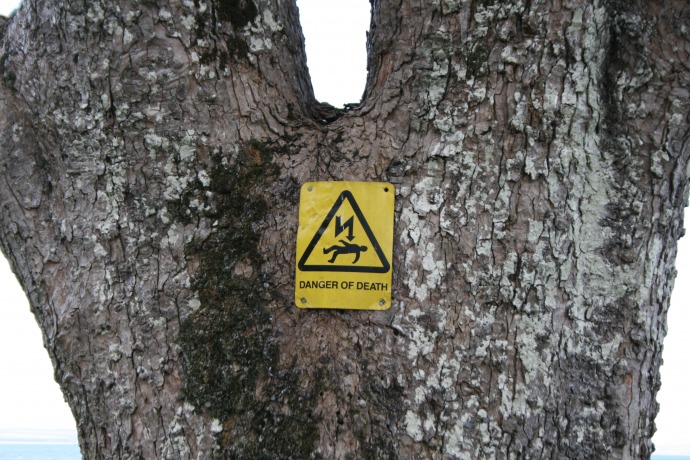
Risking forms
One of the best things that a poem can do is that it can unsettle you. It may be a certain strangeness to do with its form or the voice, for instance, that keeps you thinking about what it says. Take, for instance, the creative decision Abigail Parry made, to begin her poem ‘Arterial’ (which…
Read More
The Shadow of Violence
One Friday night, when I was fifteen, I got into a fight. More accurately: I bravely stood-up for a loudmouth friend and then bravely lay in the grass, while five men kicked my head in. This was nothing unusual for my mid-teens (or indeed my mid-twenties). The only difference being that this time I limped-off…
Read More